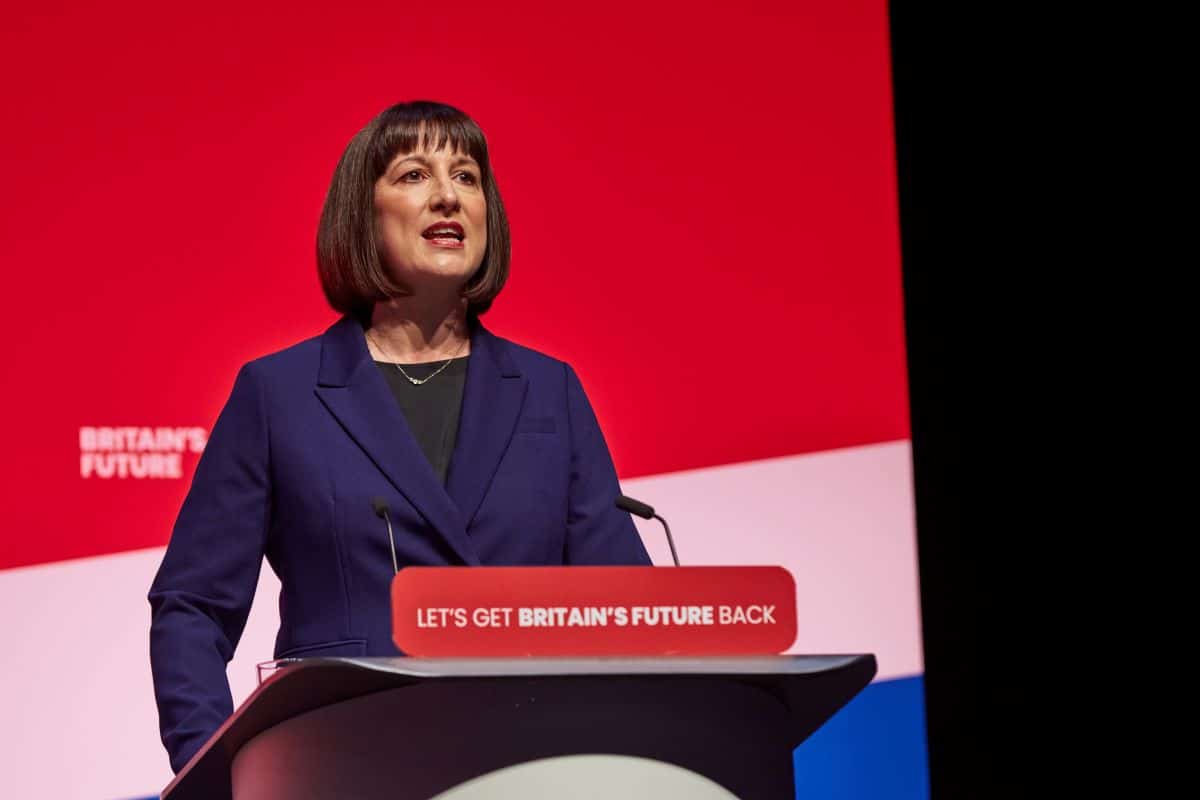Despite the economic resurgence, Chancellor Rachel Reeves plans to raise taxes, reduce benefits, and cut spending to improve public finances.
Controversy Over Radical Shifts
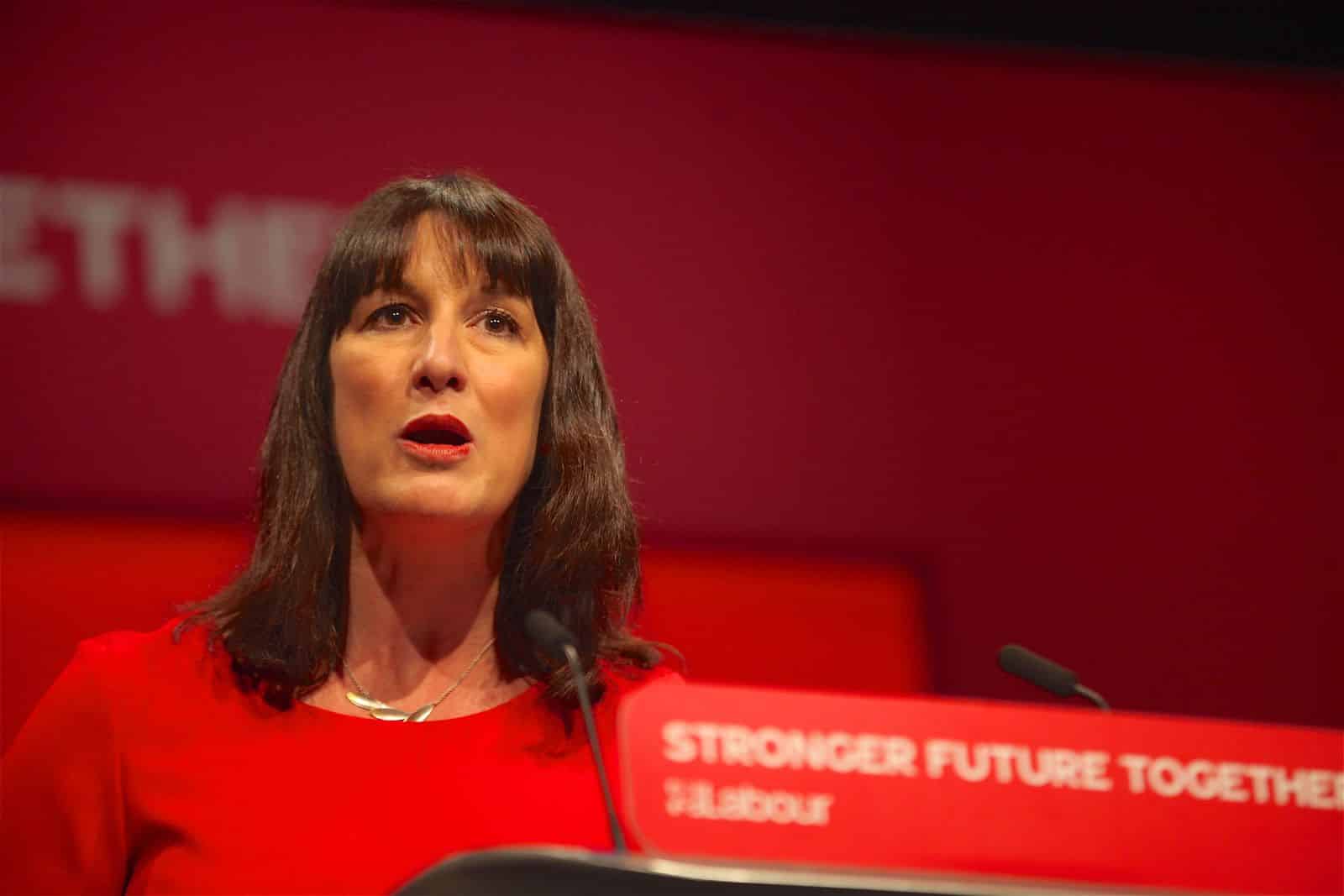
Reeves has faced significant criticism for recently implementing drastic measures across the UK to fill the large black hole that she inherited from the Conservatives.
Inheritance of Worst Public Finances in Decades

Before the election, Reeves mentioned that she would inherit the worst public finances of any chancellor since the Second World War. After arriving at the Treasury, it was worse than she had anticipated.
Pointing Fingers Continues

There has been back-and-forth blame, with Reeves blaming the Conservatives for covering up the state of finances and the Conservatives trying to undermine Reeves’ evaluation of the economy.
Conservatives Say Rise in Tax Was Planned

The Conservatives have argued that the new government uses Reeve’s assessment to justify tax increases already planned for the upcoming budget.
First Labour Budget Set for October

The Treasury has emphasised that further tough decisions must be made when Reeves presents the first Labour budget since 2010 on October 30th.
Largest Amount Borrowed
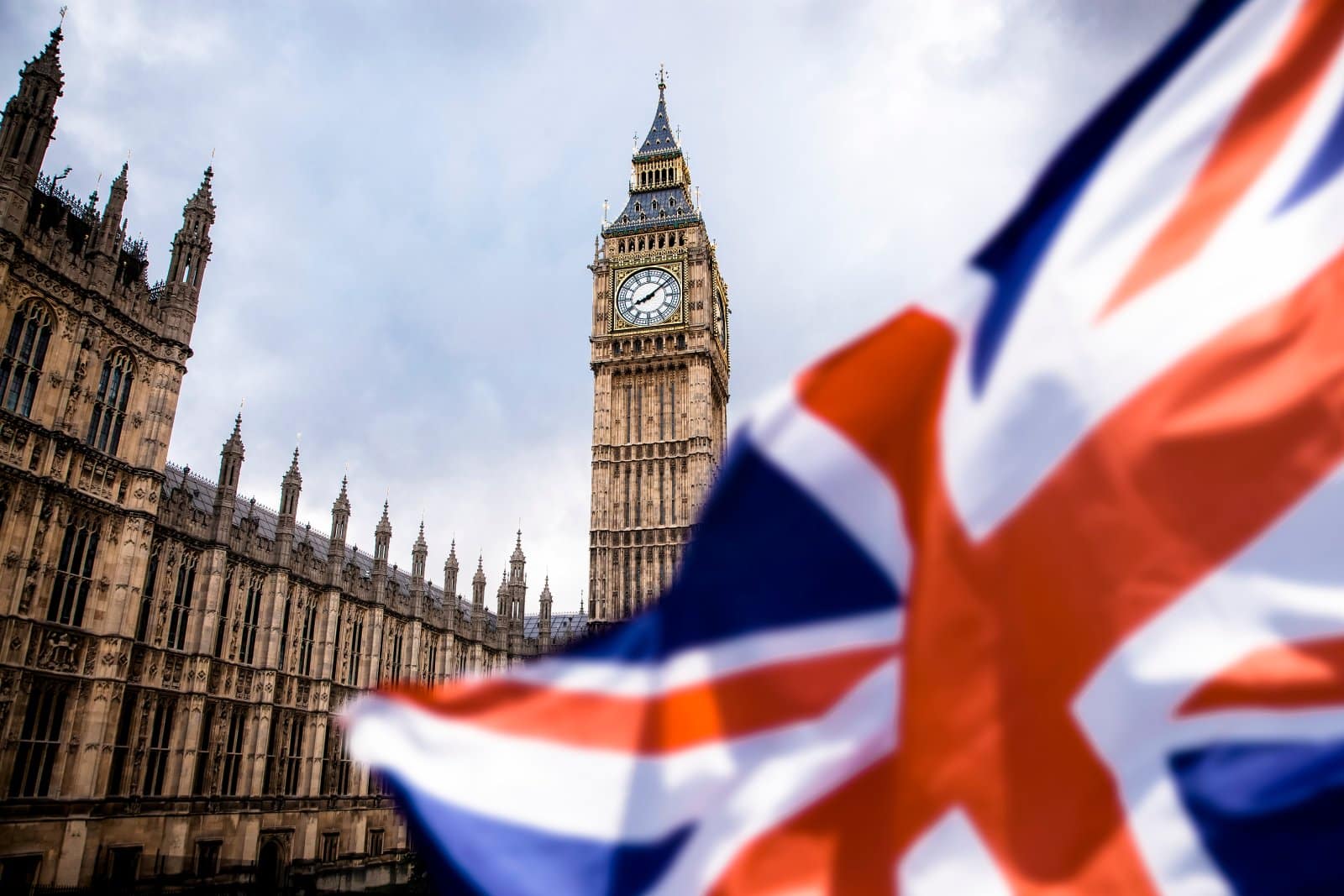
According to the Office of National Statistics, overspending on public services and welfare caused the government to borrow £3,1 billion last month.
Amount Is Worst Than Predicted

That amount is worse than experts had anticipated and almost double its level in the same month a year prior.
Record £12,9 Billion Due to Self Assessment Tax Payments

Government borrowing in July is usually low due to self-assessment tax payments, which reached a record £12,9 billion this year.
Large Increase Linked to Social Benefits
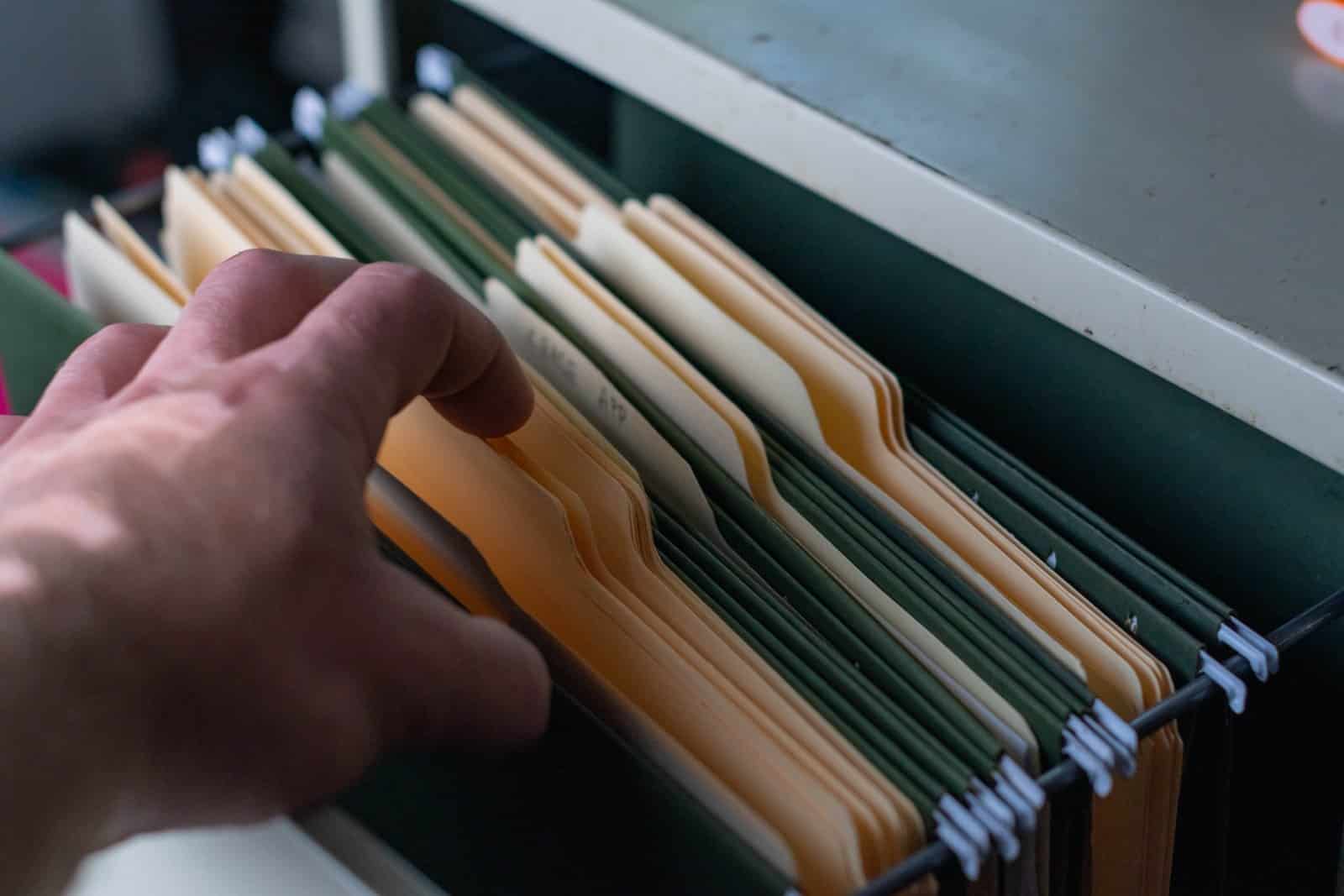
However, despite the influx of tax revenue, July’s data revealed a significant increase in public spending, primarily on social benefits, which rose due to the recent inflation-related adjustments.
Borrowing at Almost £3 Billion More

The Office for Budget Responsibility stated that the deficit is at its highest level for July in three years, at almost £3 billion more than the £ 0.1 billion anticipated by the government’s spending watchdog.
Measures to Aid the Public Finances Weigh Heavily on Pensioners
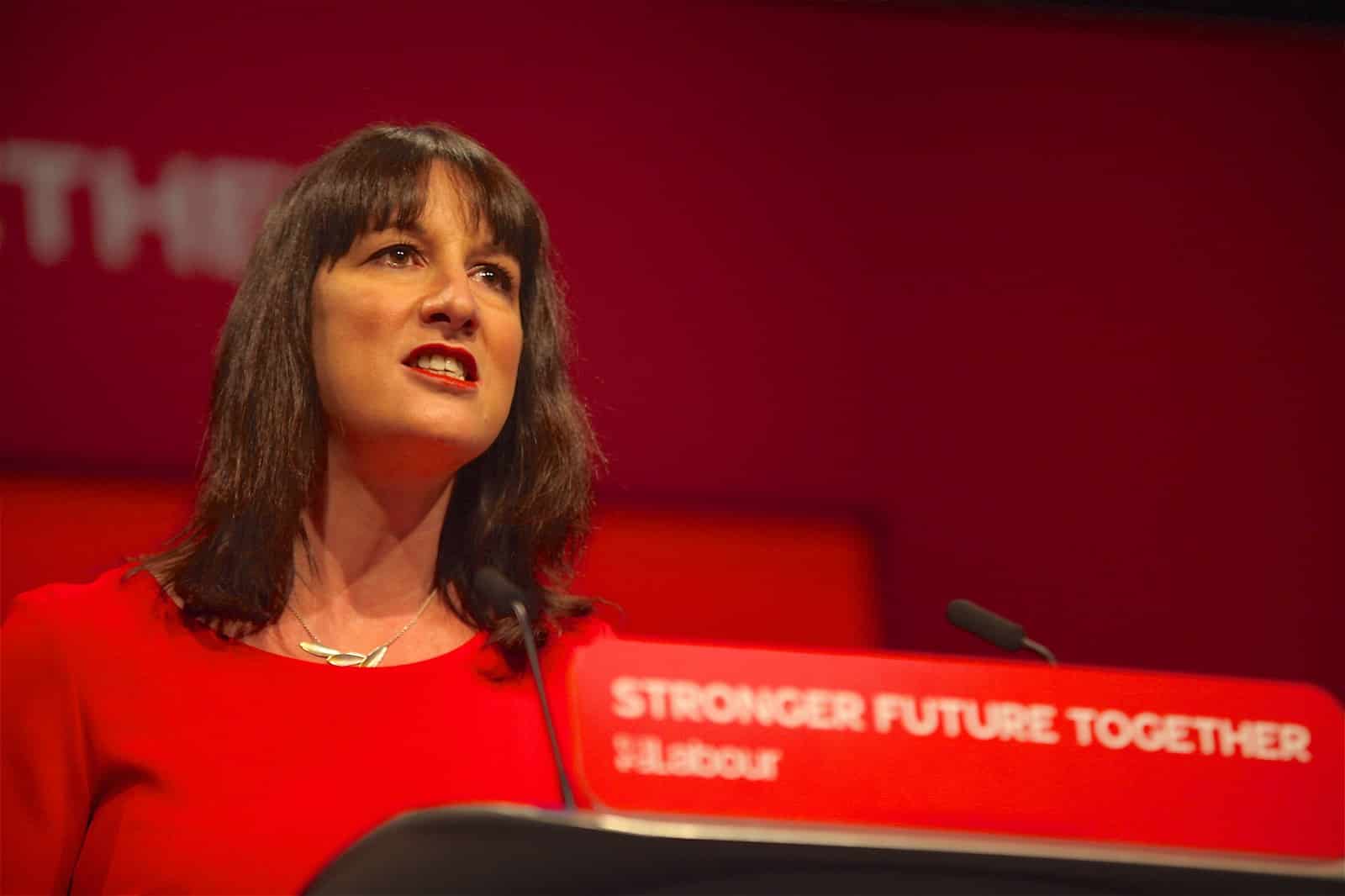
In an attempt to repair the public finances, Reeves has already scrapped the winter fuel payments for approximately 10 million pensioners, saving £ 5.5 billion.
Massive Changes to Alleviate Damage to Public Finances

She has also delayed plans for the road-rail network, hospital investments, and social care reforms. The rest of the finance hole will be addressed in the budget in October.
Growth Seen in the UK Economy
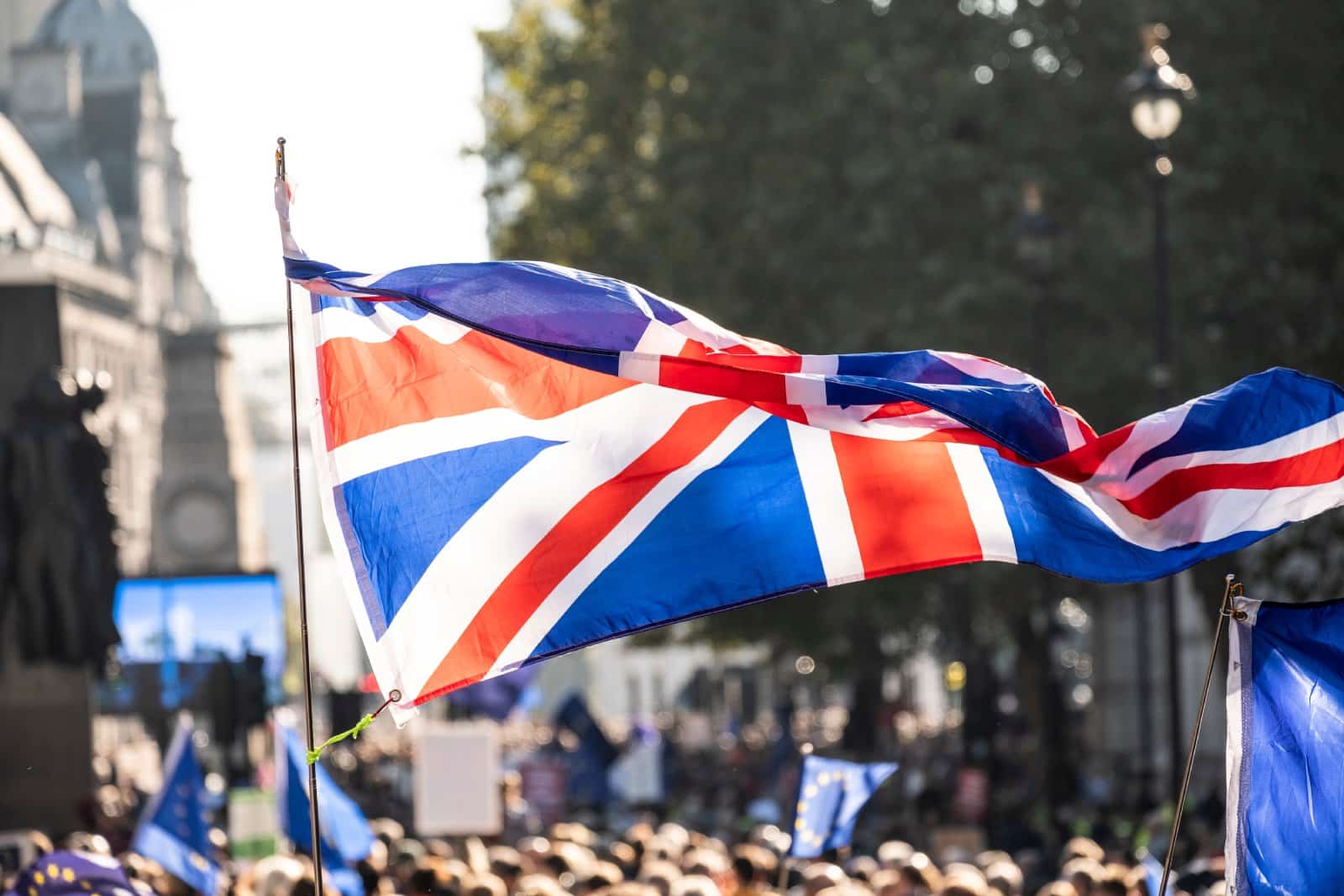
Despite figures showing that the UK economy expanded by 0,6% between April and June, more is needed to mitigate the significant fiscal adjustments that Reeves has proposed to address the financial deficit.
Growth in the Economy Isn’t Enough to Save Reeves From Making Changes

Isabel Stockton, senior research economist at the Institute for Fiscal Studies, has said, “The early signs are that better-than-expected growth figures won’t be enough to save Rachel Reeves from tough choices in her first Budget on October 30.”
Data Still Backs Rise in Taxes

Experts are cautioning that the latest borrowing data suggests the possibility of future tax increases and additional borrowing.
Pay Rises Haven’t Been Factored in Yet
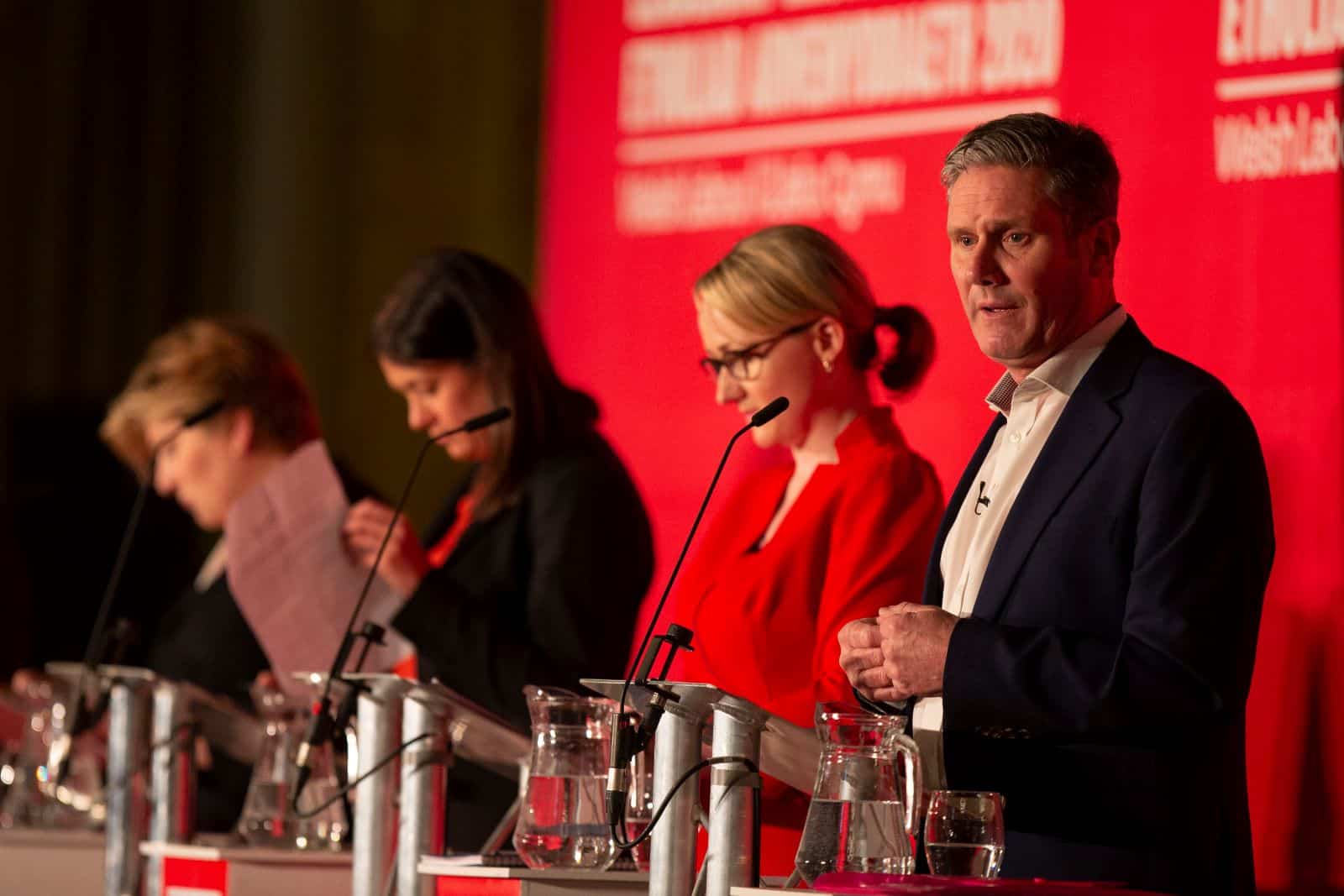
These predictions haven’t even factored in the costs associated with the recent public sector pay raises announced by the Labour Government, which suggests that the situation could become more strained when these increases are factored in.
Conservative Government Still Blamed for the Condition of Economy

Chief Secretary to the Treasury, Darren Jones, said, “Today’s figures are yet more proof of the dire inheritance left to us by the previous government.”
Proposed Speculated Changes
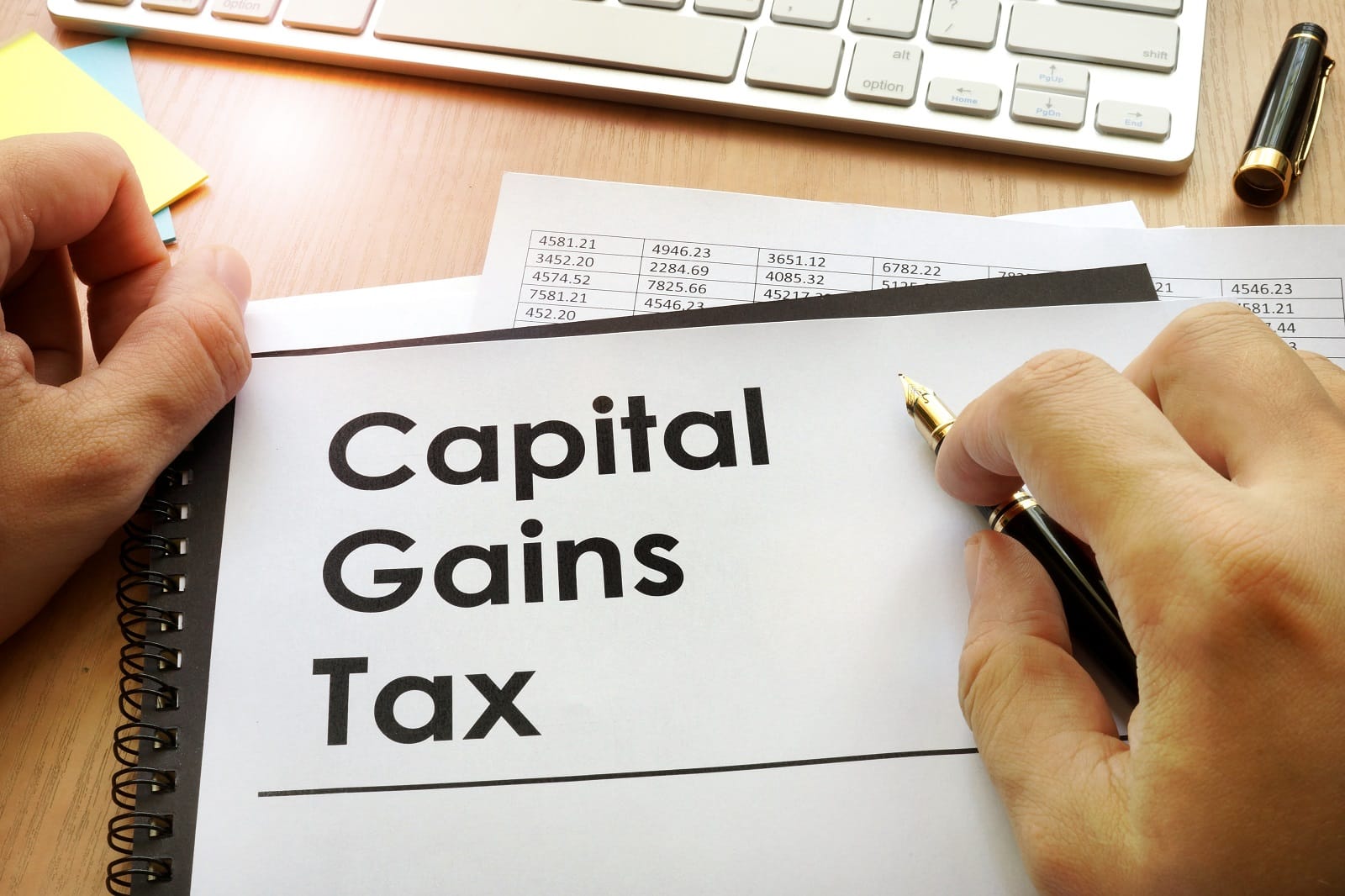
Speculation about Reeve’s changes has been circulating. She is reportedly considering raising inheritance and capital gains tax, keeping the two-child benefit cap, adhering to the plan for a 1% increase in public spending despite cuts for some Whitehall departments, and changing the way that debt is measured to exclude the Bank of England.
Reeves in the Hot Seat

The October Budget is strongly anticipated, with those remaining hopeful that Reeves won’t have to raise taxes; however, despite the economy’s pick-up, it has failed to improve the public finances, leaving Reeves in the hot seat to make necessary changes.
Featured Image Credit: Shutterstock / Martin Suker.
The images used are for illustrative purposes only and may not represent the actual people or places mentioned in the article.

